
Have you ever wondered how some of your favorite brands end up on the shelves of retailers like Ulta, Walmart, Target, and more? In this article we’re going to delve into the world of Retail Fulfillment to break down how this process works and how you, as an ecommerce brand, can take advantage of fulfilling orders to large retailers.
Jump right in: Fulfillment Status: What Does it Mean?
What is Retail Fulfillment, and How Does it Differ from Other Types of Fulfillment?

What is Retail Fulfillment?
Retail fulfillment involves handling the storage, packing, and shipping of products to distribution centers for retailers like Macy’s, Target, Walmart, and others. These services manage inventory, process orders, and ensure efficient distribution of goods from their distribution warehouses directly to the retailer’s stores or end customers. 3PLs are integral in scaling retail operations, offering expertise in logistics and supply chain management.
Differences Between Retail, B2B, and DTC Fulfillment
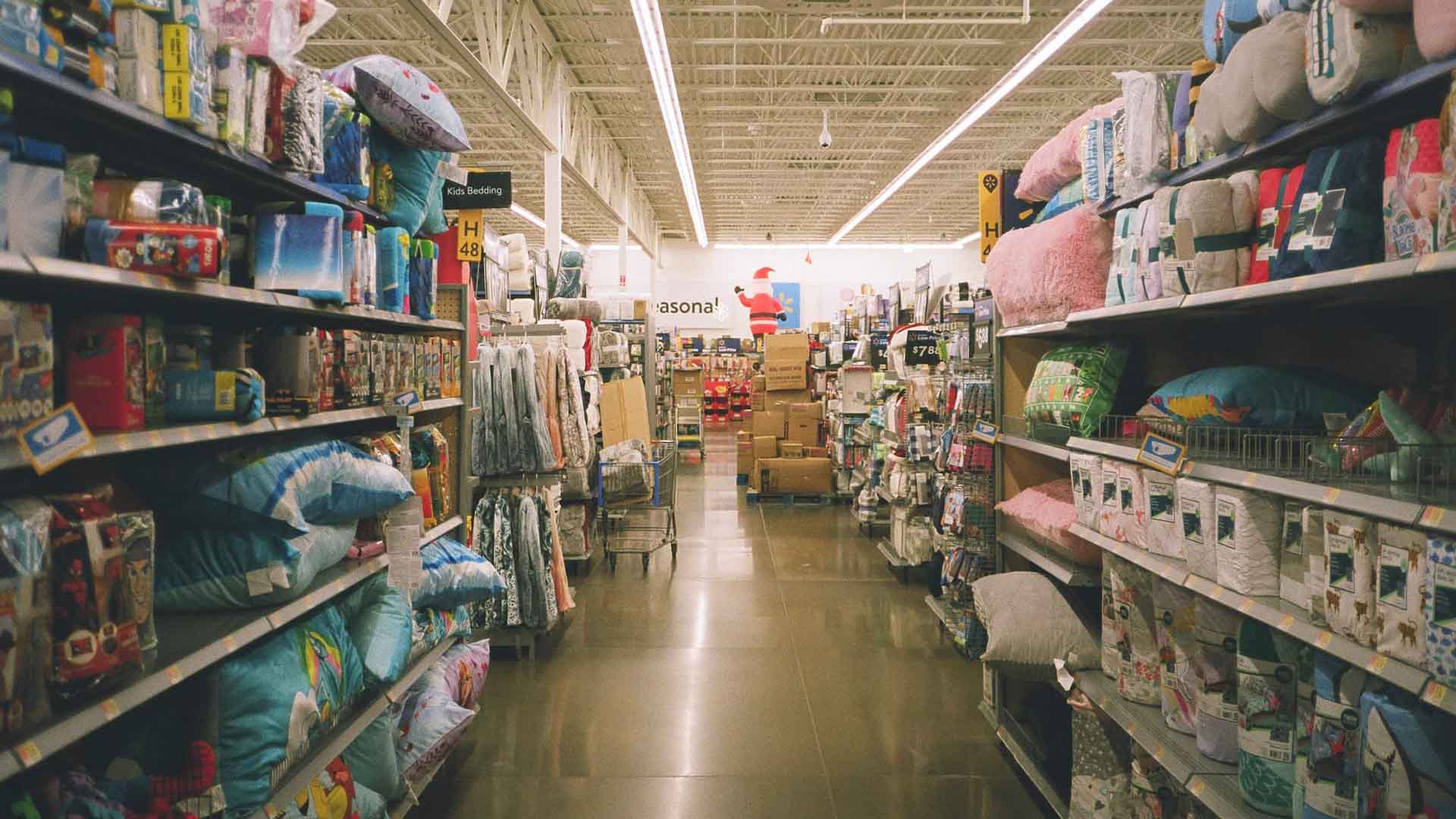
Understanding the differences between Retail Fulfillment, Business-to-Business (B2B) Fulfillment, and Direct-to-Consumer (DTC) Fulfillment is crucial for businesses aiming to optimize their supply chain and delivery processes. Each type of fulfillment caters to specific needs and has distinct characteristics in terms of delivery nature, quality control, packaging, and adherence to specific requirements. The following table provides a clear comparison of these three fulfillment models, highlighting their unique features and approaches, which are essential for businesses to consider when choosing the right fulfillment strategy for their products and services.
| Aspect | Retail Fulfillment | B2B Fulfillment | DTC Fulfillment |
|---|---|---|---|
| Nature of Deliveries | Larger quantities than DTC, smaller than B2B, for retail shelves/distribution hubs | Large quantities, not for immediate retail sale | Individual or small-quantity orders to end consumers |
| Quality Control and Packaging | High attention to quality, packaging, presentation for retail display | Less emphasis on retail packaging, focus on safe and efficient transport | Personalized packaging, branding, thank-you notes/promotional materials |
| Retailer-Specific Requirements | Compliance with retailer guidelines (labeling, packaging, delivery schedules) | Varies greatly based on business nature | Focused on customer experience and rapid delivery |
While retail fulfillment shares some similarities with both B2B and DTC fulfillment, it stands out for its balance of quantity (more than DTC, less than traditional B2B), its strict adherence to retailer-specific standards, and its focus on quality control and presentation for retail settings. As e-commerce continues to grow, retail fulfillment now also encompasses handling online orders, further blending the lines between these fulfillment types but maintaining its unique characteristics.
Want to learn more about getting your product on shelves?
Check out this video by Evan Carmichael that gives some tips on how to sell your products in retail stores.
The Complete Retail Fulfillment Process
There are many steps that go into fulfilling orders to larger retailers. It’s important for brands to be aware of these processes and be able to meet each retailers specific requirements. Below you’ll find more information on each step in the retail fulfillment process.
Step 1: Securing Retail Relationships and Contracts
Before any fulfillment begins, establishing a relationship with retailers is crucial. This involves negotiating contracts, understanding each retailer's specific requirements, and preparing to meet these standards.
Step 2: Receiving New Inventory
Once a relationship is established, the next step is receiving inventory from manufacturers or suppliers. This includes inspecting and verifying the inventory against purchase orders, processing, and documenting it upon arrival at fulfillment centers.
Step 3: Warehousing
After receiving the inventory, it's stored in a warehouse or distribution center. Effective storage strategies are employed to manage inventory efficiently, avoiding stockouts and optimizing for quick access during order fulfillment.
Step 4: Routing Guides
Retailers provide routing guides detailing specific shipping and handling requirements. These guides must be thoroughly understood and adhered to for effective fulfillment and compliance.
Step 5: Purchase Orders and EDI (Electronic Data Interchange)
Retailers send purchase orders, often using EDI, to place orders for products. EDI streamlines the transaction process, ensuring accuracy and speed in communication.
Step 6: Picking and Packing Orders
Upon receiving an order, the warehouse staff picks the required items from their storage locations. The picked items are then packed according to the specifications outlined in the routing guide and retailer requirements. This process is also known as a pick and pack service.
Step 7: Shipment Delivery and Pick Up
Packed orders are shipped to the retail store or distribution hub. This step involves coordinating with transportation providers and ensuring that deliveries are made accurately and on time, in line with the retailer's expectations.
Step 8: Retail Ratings, Issues, and Chargebacks
Monitoring feedback and ratings from retailers is crucial for ongoing improvement. Addressing any issues promptly and efficiently helps maintain a good relationship with retailers and reduces the likelihood of chargebacks due to errors in fulfillment.
Step 9: Processing Returns (if applicable)
Managing returns is an essential part of retail fulfillment, particularly if items are damaged, incorrect, or unsatisfactory. This involves reverse logistics processes to handle and restock returned products.
How a 3PL Can Support the Management of Retail Fulfillment
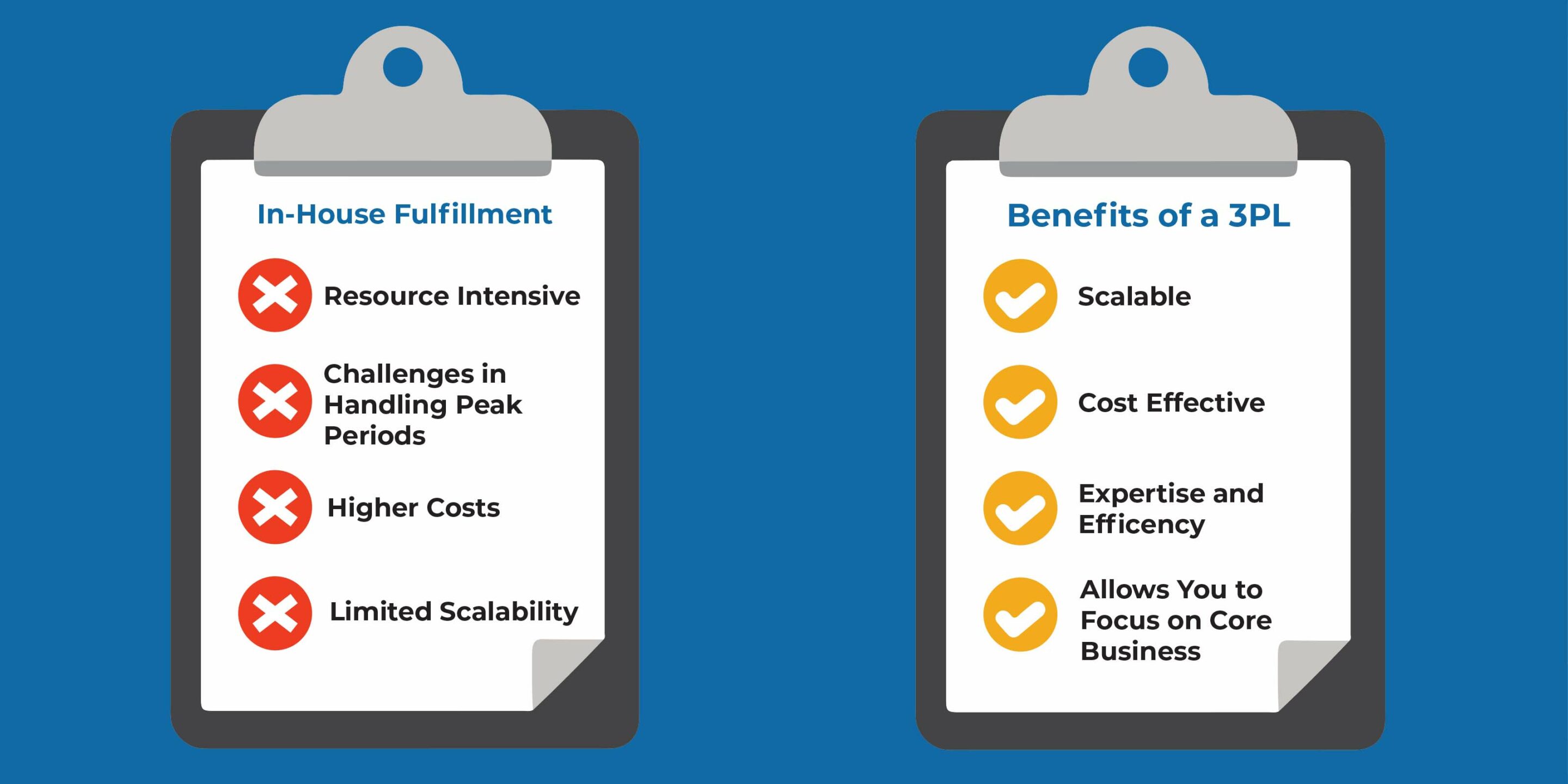
What a 3PL can do for your Retail Fulfillment
A 3PL provider, such as eFulfillment Service, can play a vital role in streamlining your retail fulfillment process, offering a blend of technological, logistical, and customer service expertise. This partnership allows sellers to enhance their operational efficiency, expand their market reach, and focus on growth and core business functions, while the complexities of fulfillment are expertly managed by the 3PL. Below are just a few aspects that a specialized 3PL can use help simplify your retail fulfillment:
Comprehensive Warehousing Solutions:
- Storage and Organization: 3PLs provide warehousing facilities where products are securely stored and organized. They use advanced systems for inventory management, ensuring products are easily accessible and stock levels are maintained optimally.
- Inventory Management: 3PLs implement robust inventory management systems, providing real-time inventory tracking and alerts for low stock levels, enabling efficient inventory replenishment.
Efficient Order Processing:
- Order Fulfillment Accuracy: 3PLs use technology-driven solutions for order processing, including automated picking and packing systems, which enhance accuracy and speed, reducing the chances of errors.
- Custom Packaging and Branding: Many 3PLs offer customized packaging solutions that align with a brand’s image and requirements, contributing to a cohesive customer experience.
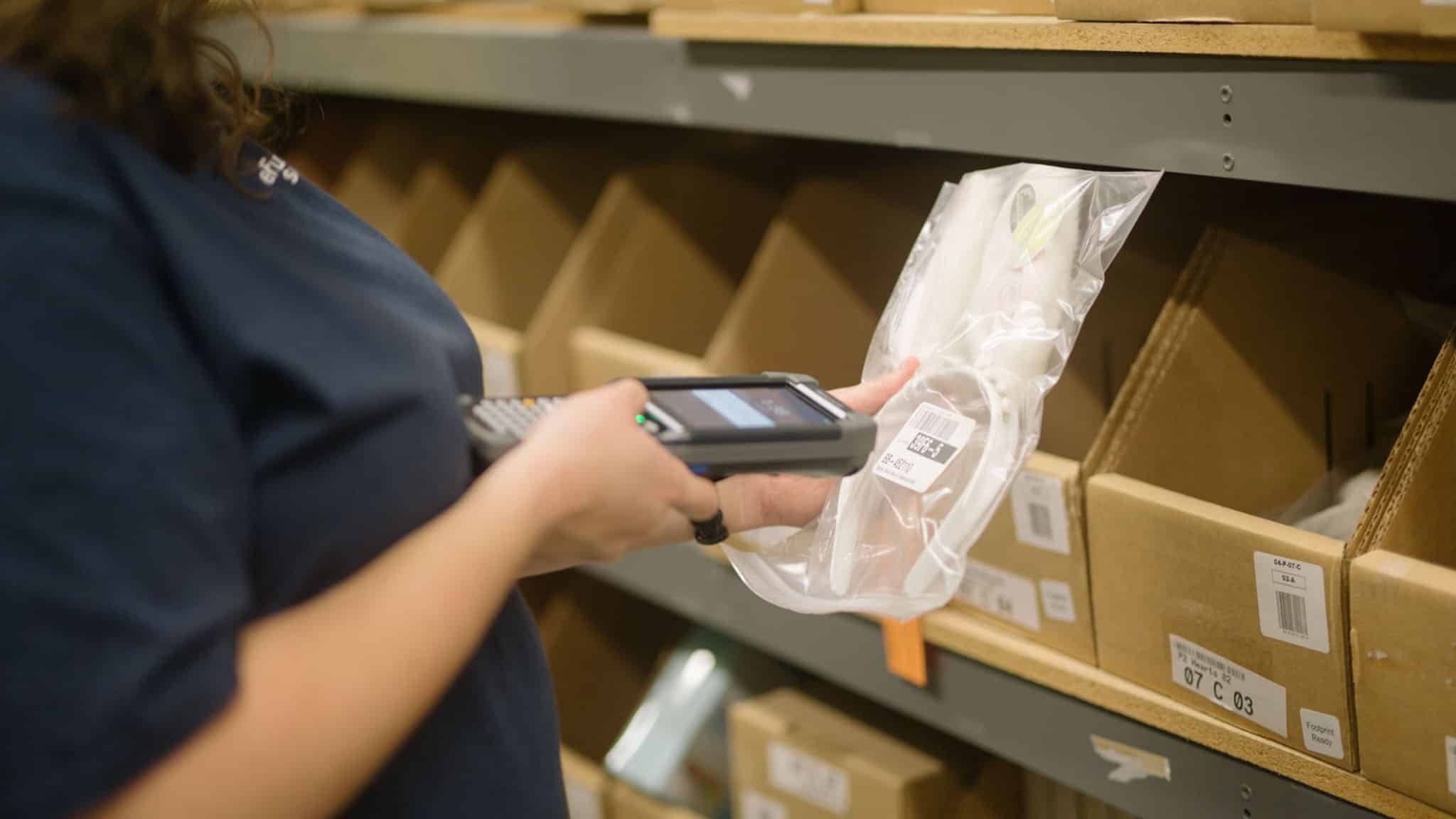
Compliance with Retailer Requirements:
- Adherence to Routing Guides: 3PLs are experienced in complying with various retailers’ routing guides, ensuring that products are shipped and handled according to specific retailer standards.
- Reduction in Chargebacks: Their expertise in following retailer-specific requirements leads to a reduction in chargebacks due to non-compliance or
Technology Integration:
- EDI and Other Systems: 3PLs often have Electronic Data Interchange (EDI) capabilities and can integrate with various retailer systems, streamlining the order and fulfillment process.
- Real-Time Data and Reporting: They provide clients with access to real-time data, tracking information, and detailed reporting, facilitating better decision-making and transparency.
Handling Returns and Reverse Logistics:
Efficient Returns Management: 3PLs manage the reverse logistics process efficiently, handling returns, exchanges, and refunds, which is a crucial aspect of retail fulfillment.

Strategic Advisory and Support:
- Expert Guidance: 3PLs like eFulfillment Service offer expertise in logistics and supply chain management, providing valuable insights and recommendations to optimize the fulfillment process.
- Customer Support: They often provide dedicated customer support to handle inquiries and resolve issues, enhancing the overall service quality.
As you can see, taking advantage of a 3PL for your retail fulfillment needs can be a great option for ecommerce sellers that are hoping to spend less time on logistics and more time doing what you do best – running a sucessful brand!
5 Common Misconceptions About Retail Fulfillment
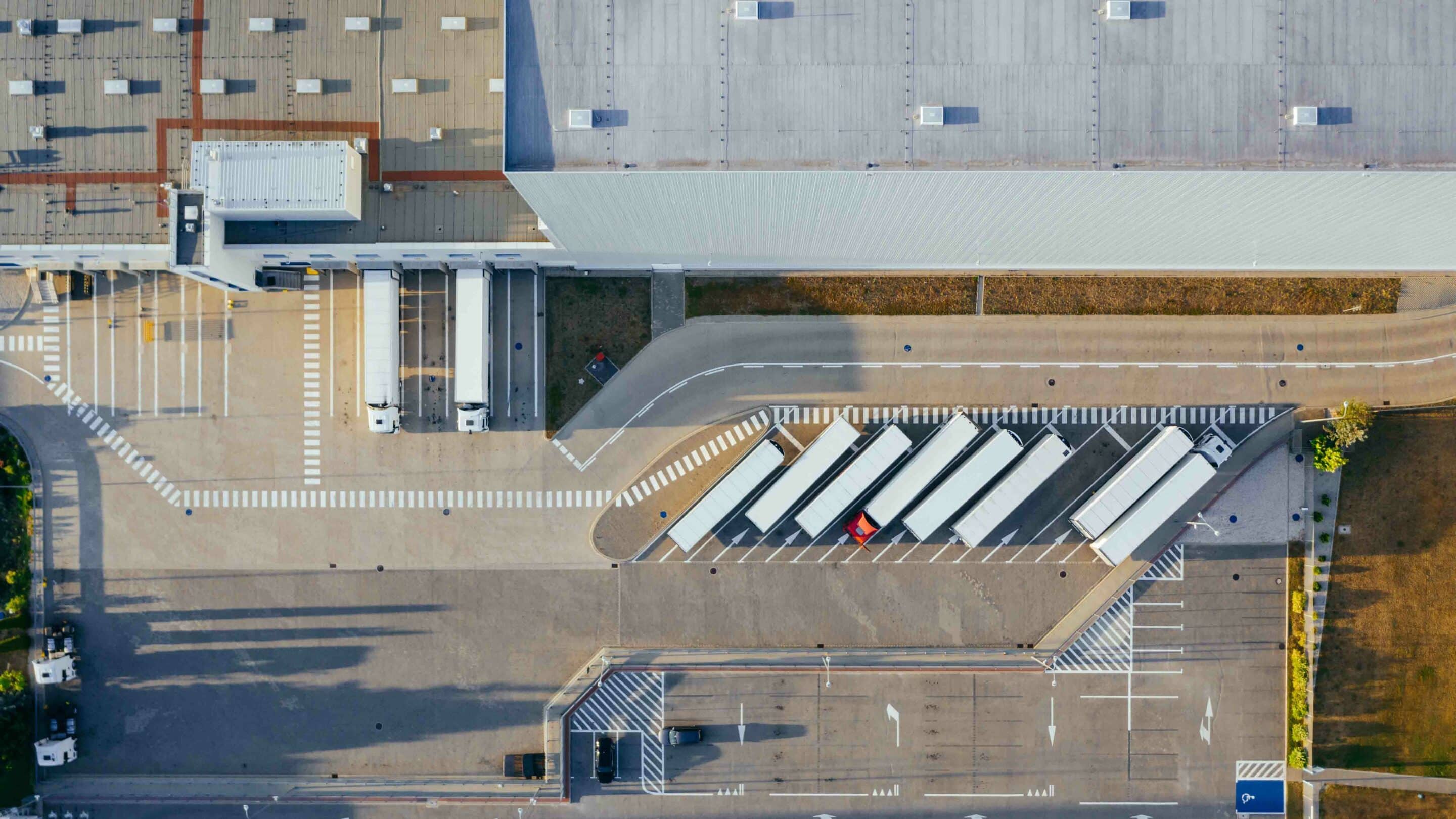
Misconception 1: Retail Fulfillment is Just About Storage and Shipping
Reality: Retail fulfillment is much more than just storing and shipping products. It involves a comprehensive process of managing inventory, processing orders accurately, coordinating with retailers for compliance with their specific requirements, and ensuring products are delivered on time and in good condition.
Misconception 2: Retail Fulfillment Does Not Require Advanced Technology
Reality: Modern retail fulfillment heavily relies on advanced technology for inventory management, order processing, and logistics coordination. This includes systems like Warehouse Management Software (WMS), Electronic Data Interchange (EDI), and real-time tracking systems.
Misconception 3: Using a 3PL Means Losing Control Over Retail Fulfillment Processes
Reality: Partnering with a 3PL for retail fulfillment does not mean relinquishing control. Businesses can maintain oversight and make key decisions while benefiting from the 3PL’s expertise, infrastructure, and technology.
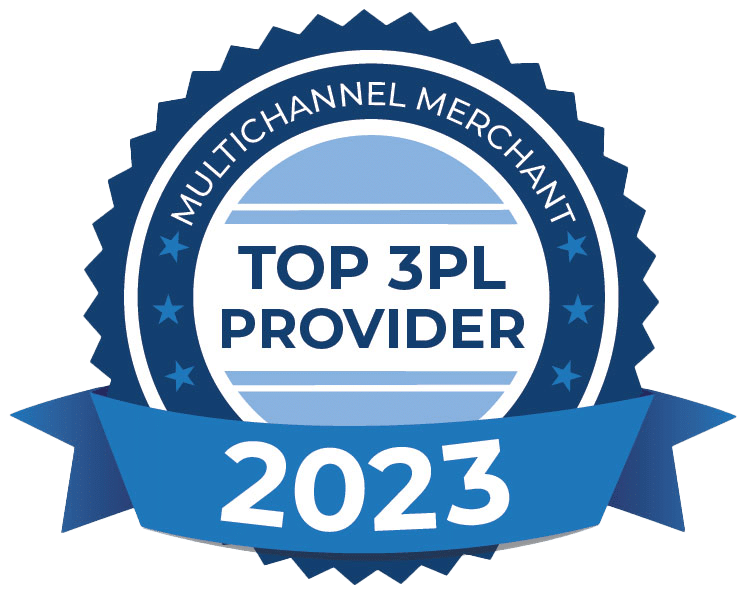
Misconception: All Retail Fulfillment Services are the Same
Reality: There’s a wide variance in the quality of retail fulfillment services. Different 3PLs offer different levels of service, technology integration, and expertise. Make sure you are doing your due diligence, reading reviews, and viewing their credentials. It’s important to choose a partner that aligns with the specific needs of your retail operations.
Misconception 5: Retail Fulfillment is Only Beneficial for Large Retailers
Reality: Retail fulfillment services can be advantageous for businesses of all sizes. Small and mid-sized retailers can particularly benefit from the scalability and logistics expertise that 3PLs provide, allowing them to compete more effectively in the market.
Are You Ready for a 3PL for your Retail Fulfillment?
Are fulfillment services the key to scaling your business efficiently? Use this simple quiz to find out! Score each of the following eight questions from 1 to 5 (where 1 = Strongly Disagree, 5 = Strongly Agree) to evaluate if a fulfillment service might be a good choice for your company.
Fulfill Retail Orders Effortlessly!
Summary – Choosing a Fulfillment Service: eCommerce Sellers Guide
Retail fulfillment, crucial for ecommerce brands aiming to reach larger retailers like Ulta, Walmart, or Target, involves more than just storage and shipping. It requires managing inventory, meeting specific retailer standards, and optimizing shipping costs. Strategies such as leveraging data analytics, strategic warehouse placement, and technology like EDI are key. The involvement of a 3PL provider, like eFulfillment Service, streamlines this process by offering comprehensive warehousing solutions, efficient order processing, and expertise in logistics. This not only enhances operational efficiency but also allows businesses to focus on growth and core functions.
Key Takeaways:
- Retail Fulfillment Complexity: Involves detailed inventory management, adherence to retailer requirements, and efficient distribution.
- Cost Optimization: Utilizing predictive analytics and strategic warehousing can significantly reduce shipping and operational costs.
- Technology Integration: Advanced technologies like EDI and RFID are critical for efficient order processing and inventory management.
- Role of 3PL Providers: They offer essential services like warehousing, order processing, and logistics management, aiding in compliance and efficiency.
- Benefits for All Sizes: Retail fulfillment services are beneficial for businesses of all sizes, helping them compete effectively in the retail market.
Your Next Steps
Ready to embark on a journey toward streamlined logistics and enhanced growth? Reach out to eFulfillment Service for a bespoke fulfillment solution. We specialize in helping business like yours navigate the complexities of order fulfillment with ease and efficiency. Here’s what we offer:
- A Free Quote: CONTACT US TODAY to get a free quote and learn how our services can be customized to your unique business needs.
- Proven Track Record: Our commitment to excellence is reflected in the TESTIMONIALS FROM NUMEROUS SATISFIED CLIENTS.
- Tailored Solutions: We understand that each startup has its unique challenges, and we’re here to offer solutions that fit perfectly with your business model.
Let eFulfillment Service be your partner in transforming your fulfillment process, enhancing your customer experience, and catapulting your business to new heights.




0 Comments